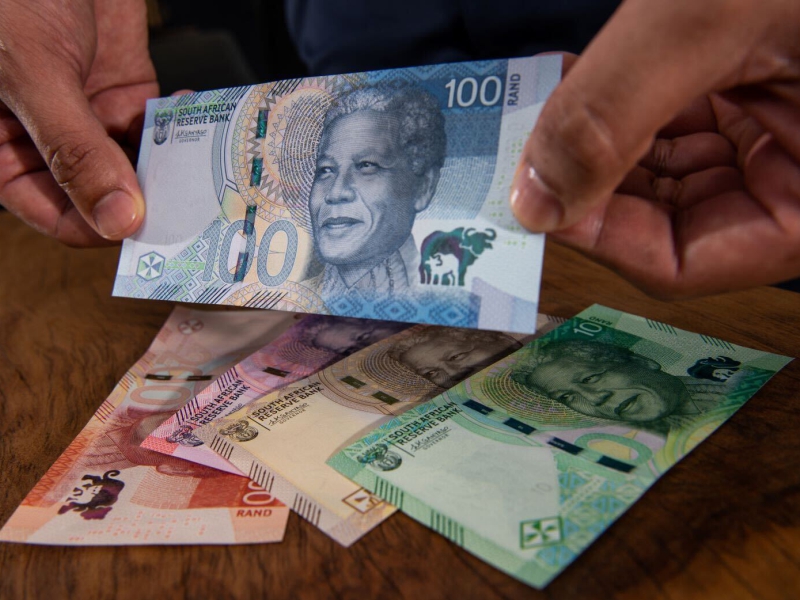
In a startling revelation, the Competition Commission has accused implicated banks of generating approximately a trillion rand a day during the period of 2007 to 2013 through alleged rand manipulation. Makgale Mohlala, the Divisional Manager for Cartels at the Competition Commission, disclosed this information before the Competition Tribunal last week.
Five of the 28 banks involved have confessed to participating in the foreign exchange manipulation that occurred 16 years ago. The remaining banks are contesting the jurisdiction of South Africa's competition authorities to prosecute or questioning the availability of material facts for prosecution.
Mohlala said the wide-reaching consequences of such manipulation, explaining, "At any given time in the trading market, there are buyers and sellers. South African firms that want to buy internationally they will need to acquire the dollars for them to buy in the international market. If they buy in dollars that are expensive because of the manipulation, they are losing money."
The alleged cartel, which operated in 2013, is believed to have made a staggering trillion rand a day through price-fixing and market allocation involving 28 local and international banks. One bank, Standard Chartered Bank, has already signed a settlement agreement with the Competition Commission, agreeing to pay an administrative penalty of R42.7 million.
However, this settlement has drawn criticism from the trade union Giwusa, with President Mmametle Sebei calling it a "slap on the wrist." Sebei highlighted the severe impact of the banks' actions on the working and middle class, contributing to cost of living crisis in the country. In contrast, the South African Federation of Trade Unions (SAFTU) welcomed the penalty but called for more banks to be fined for their misconduct.
SAFTU national spokesperson Trevor Shaku expressed outrage over the banks evading the law in South Africa despite admitting guilt and paying fines in the United States and the United Kingdom. The Competition Commission maintains that the banks must be held accountable in the courts for their actions, asserting that the appeal seeks to set aside the Competition Tribunal's order for the banks to answer allegations of manipulating the US dollar and South African rand currency pair.
As the Competition Commission concludes its battle with the banks, the revelations about the scale of alleged rand manipulation raise significant concerns about the impact on the South African economy and its citizens. The outcomes of this legal battle will be closely watched as the banks face scrutiny for their actions over a decade ago.
Khumbudzo Ntshavheni, Minister in the Presidency, said the recent incident serves as a stark reminder that South Africa's private sector shows little interest in the country's development. She pointed out that these entities contribute to a narrative of a collapsing state and economy, as their actions align with such a narrative. Despite these efforts, Ntshavheni highlighted the resilience of the South African economy.
Furthermore, she acknowledged the ongoing work of the Competition Commission, revealing that Standard Chartered has committed to providing testimony against other implicated banks.


